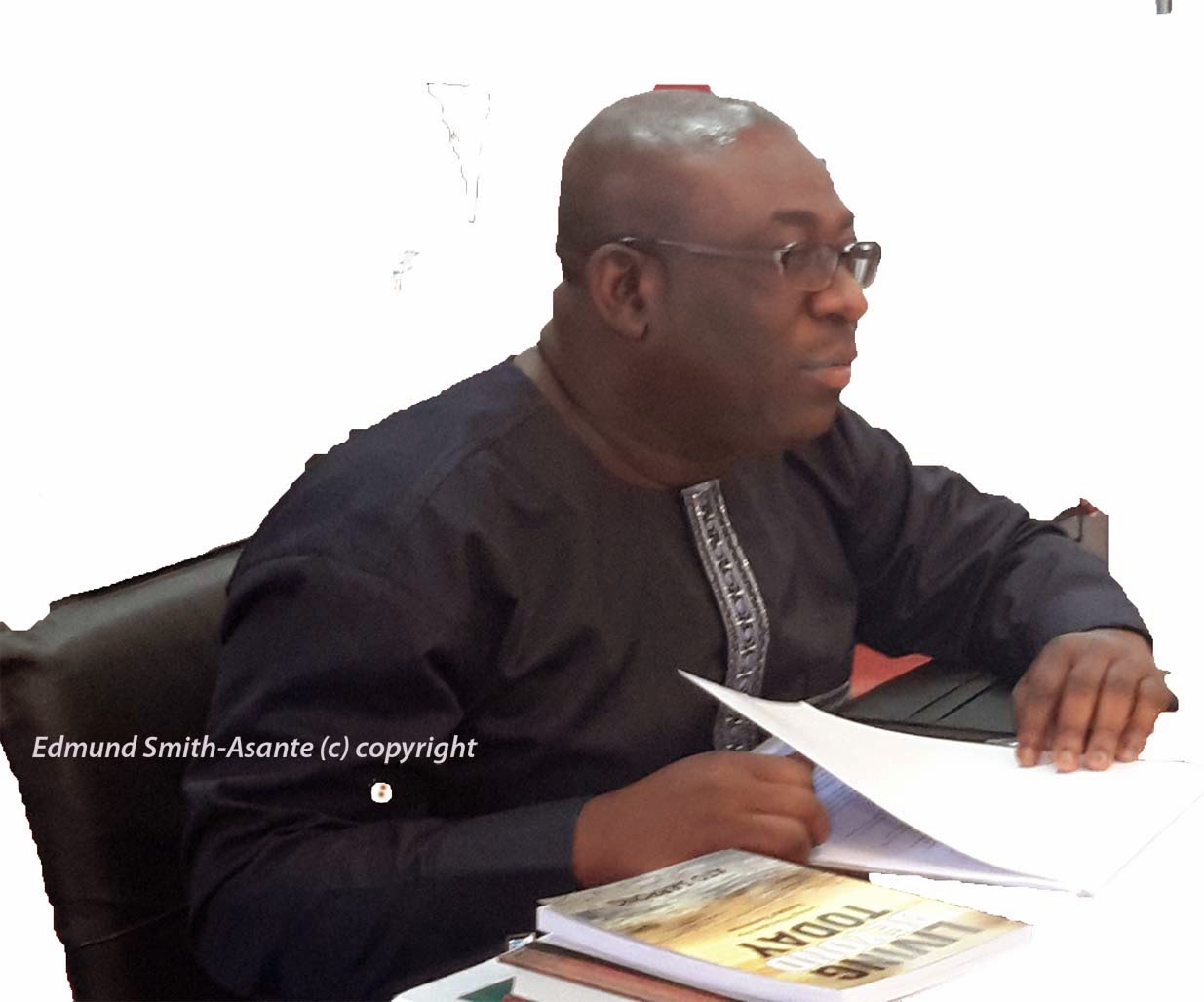IDEG urges reform in local governance
By Edmund Smith-Asante
 |
| Dr Emmanuel Akwetey |
The Institute for Democratic Governance (IDEG) has recommended that the position of Metropolitan, Municipal and District Chief Executives (MMDCEs) must be put up for election by political parties.
According to IDEG, opening up local governance to political parties would drastically reduce the threat of violence, among other benefits.
Explaining how that could come about, the Executive Director of IDEG, Dr Emmanuel Akwetey, said opening up local governance to the political parties would create more space and end the exclusion which was the major cause of election violence, “because it is going to create legal and institutional spaces in the Executive domain, within which political parties and individual candidates can participate”.
He said because the districts were many (216), more positions would be opened to contest “so people who have aspirations will pursue it elsewhere,” and stop agitations for slots in the presidency or legislature.
Currently according to the 1992 Constitution, the MMDCE is a position appointed by the President but IDEG believes that opening up local governance would be one sure way of dealing with the violence that has characterised elections because contesting political parties feel marginalised.
Security threat
Reacting to a call on the media by the Chief of Defence Staff (CDS), Air Vice Marshall Samson Michael-Oje, and the Inspector General of Police (IGP), Mr John Kudalor, not to stoke the fires of tension in this year’s elections, in an exclusive interview with the Daily Graphic, Dr Akwetey said the security chiefs were not tackling the issue of violence from the roots.
While lauding the security chiefs for reminding the media of their role during the elections, he said the foundation of all the violence was the democratic system being practised in Ghana that excluded all other political parties from governance other than the incumbent.
He also described as a paradox the fact that although Ghana had been adjudged the fifth best democracy in Africa, the security chiefs were expressing concern over the peace of the country during the elections.
“The local government was designed to enhance participation but even local government has now been worked to a point where nobody agrees that that is the place where you find our unity. You rather see it as really divided and partisan,” he said.
Dr Akwetey cited Zambia, Kenya, Botswana and South Africa as countries that had already held local government elections, saying, “The Executive space is not monopolised by just one person. It is shared.”
Democratic Devolution
Describing a reform of the local governance system as a “democratic devolution”, Dr Akwetey said apart from reducing the threats of violence, it had the propensity to make the fight against corruption more effective.
He said it would also change the ‘rubber stamp’ nature of Parliament where members belonging to the ruling party assented to almost anything coming from the Executive.
Dr Akwetey also argued that a reform of the local governance system would make political parties become development-oriented as they would be compelled to develop the districts under their control to win the trust of the electorate.
Writer’s email: edmund.asante@graphic.com.gh
This
story was first published by the Daily Graphic on May 21, 2016



Comments
Post a Comment